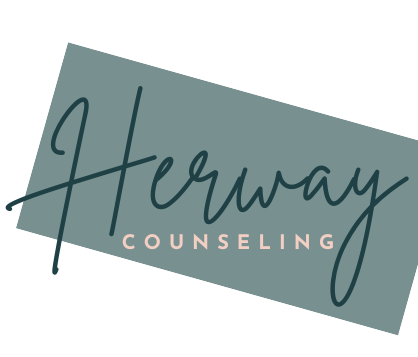
Couples THERAPY in Utah
It’s time to build the relationship you deserve.
It’s an exhausting cycle…
You keep having the same argument on repeat—one of you pursues, the other shuts down—and even small conversations spiral or go silent. You miss feeling like teammates and you’re tired of guessing how to fix it.
You want tools that work in real life: a way to talk without triggering defensiveness, repairs that actually land, and a plan to rebuild trust and connection (not just “communicate better”). You’d like clarity, too—about expectations, roles, and the future you’re building.
Whether you’re preparing for marriage, strengthening what you have, or deciding how to move forward, we’ll use proven frameworks so you can understand each other, manage conflict, and create shared meaning—together.

Couples Therapy is not meant to change the other person.
It’s meant to enhance your ability to understand and respect one another.
Therapy can help you break the hold conflict has on your relationship.
Couples therapy with me blends practical skills with compassion. We’ll slow the cycle, learn safer ways to start hard conversations, and practice repairs that reduce resentment and rebuild friendship. Using the Gottman Method and Emotion-Focused Couples Therapy, we’ll map patterns, name needs, and strengthen the bond that makes change possible.
Whether you’re in premarital planning, marital enhancement, or navigating separation/divorce decisions, we’ll clarify goals, reduce reactivity, and build a path that aligns with your values. You’ll leave sessions with concrete steps to try at home—so progress shows up between appointments, not just in the room.
If you’re ready to replace criticism and stonewalling with understanding and respect, this work can help you feel close—and stay close—again.
Gentle start-ups, effective repairs, and conflict de-escalation you can use the same week.
Rebuilding trust and friendship: daily bids for connection, rituals of connection, and shared meaning.
Attachment-based listening so both partners feel safer to be open, honest, and vulnerable.
Decision clarity for premarital prep, enhancement work, or separation/divorce navigation.
A simple plan to track progress between sessions—what to practice, notice, and celebrate.
What we’ll work on together
-
Absolutely! Premarital work sets you up with shared tools and realistic expectations so small issues don’t become big ones. It can help you:
Set expectations—roles, money, family, faith, intimacy
Understand differences—communication styles & needs
Handle external pressure—family, culture, community
Create a shared vision—goals, rituals, and traditions
Assess compatibility—strengths & growth areas
Improve communication and conflict resolution skills
-
Yes. Marital enhancement focuses on deepening connection and fine-tuning the habits that keep you close.
Enhance emotional intimacy & daily connection
Clarify goals and values you’re building toward
Rebuild or strengthen trust after distance or hurt
Foster equality and teamwork in decision-making
Reignite passion and playfulness
Improve communication and conflict resolution skills
-
It can. Counseling provides structure, steadiness, and skills so you can make clear decisions and reduce harm—especially with kids in the mix.
Clarify decisions and next steps
Manage emotions, grief, and stress responses
Reduce conflict and reactivity
Re-define the relationship (co-parenting, boundaries)
Promote emotional resilience during transition
Improve communication and conflict resolution skills
-
I draw from both the Gottman Method (research-based skills and assessments) and Emotion-Focused Couples Therapy (EFT) (attachment-centered, emotion-driven change). You’ll get practical tools you can use this week and deeper work that shifts the cycle long-term.
-
Gottman focuses on what makes relationships succeed. We may use the Gottman Relationship Assessment to map strengths and stuck points, then practice skills to:
Increase understanding and empathy
Strengthen friendship and positive affect
Manage healthy conflict and repairs
Create shared meaning and rituals
-
EFT treats emotions as the doorway to connection. We’ll identify the negative pattern (pursue/withdraw, blame/defend), slow it down, and build safer moments of vulnerability so new bonding experiences can form. Expect:
Emotions are key to connection
Attachment-theory focus (safety & responsiveness)
Identify and change negative interaction patterns
Emphasize vulnerability, empathy, and secure bonding
FAQS
More questions? Check out my FAQs page.

ready to get started?




